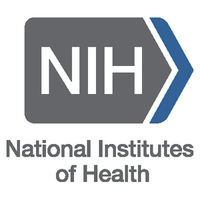Abstract:Loss of bone is a common medical problem and, while it can be treated with available therapies, some of these therapies have critical side effects. We have previously demonstrated that CGS21680, a selective A2A adenosine receptor agonist, prevents bone loss, but its on-target toxicities (hypotension, tachycardia) and frequent dosing requirements make it unusable in the clinic. We therefore generated a novel alendronate-CGS21680 conjugate (MRS7216), to target the agonist to bone where it remains for long periods thereby diminishing the frequency of administration and curtailing side effects. MRS7216 was synthesized from CGS21680 by sequential activation of the carboxylic acid moiety and reacting with an appropriate amino acid (PEG, alendronic acid) under basic conditions. MRS7216 was tested on C57BL/6J (WT) mice with established osteoporosis (OP) and WT or A2A KO mice with wear particle-induced inflammatory osteolysis (OL). Mice were treated weekly with MRS7216 (10mg/kg). Bone formation was studied after in vivo labeling with calcein/Alizarin Red, and μCT and histology analyses were performed. In addition, human primary osteoblasts and osteoclasts were cultured using bone marrow discarded after hip replacement. Receptor binding studies demonstrate that MRS7216 efficiently binds the A2A adenosine receptor. MRS7216-treated OP and OL mice had significant new bone formation and reduced bone loss compared to vehicle or alendronate-treated mice. Histological analysis showed that MRS7216 treatment significantly reduced osteoclast number and increased osteoblast number in murine models. Interestingly, cultured human osteoclast differentiation was inhibited, and osteoblast differentiation was stimulated by the compound indicating that MRS7216 conjugates represent a novel therapeutic approach to treat osteoporosis and osteolysis.







